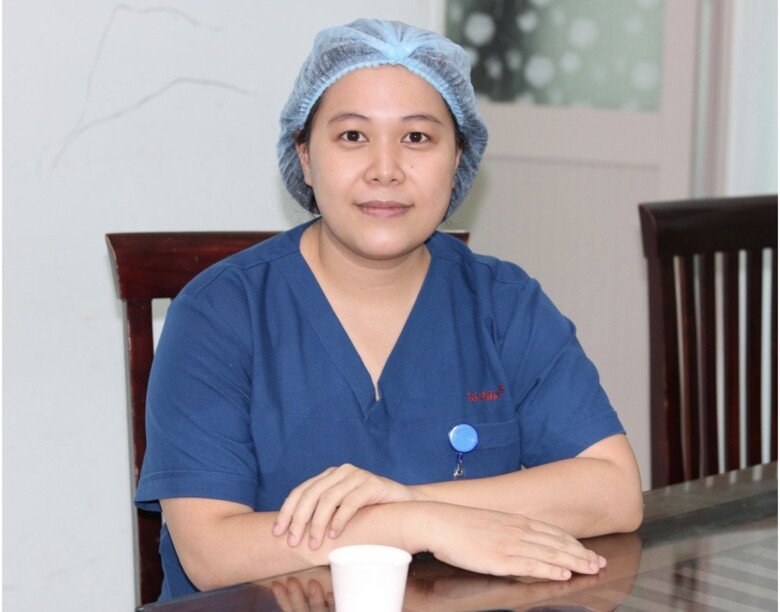Hang Tran Thi Thanh’s research on hypothermia treatment for newborn babies
Last month was the half time seminar of Hang Tran Thi Thanh with the title: Clinical and experimental implementation of standardised hypothermic treatment for neonatal asphyxia in low-income settings.

What is your research focusing on?
My research focuses on developing a low-cost method of hypothermia treatment (cooling) for Hypoxic Ischemic Encephalopathy (HIE) in newborn babies. This is a huge challenge in limited-resource settings in most low and middle income countries all over the world, where 99% of the HIE babies are born, since the cooling equipment is expensive and requires certain conditions to function. We propose a novel material to cool the babies in the targeted temperature: phase change material, which is biologically safe for humans, recyclable, and hence ideal for application globally.
What are the findings of your research?
I have found in the pilot study that HIE babies can be cooled efficiently by a phase change material mattress (PCM) without any adverse effects. The temperature is more stable compared to other low-cost methods such as ice packs or fan-cooling. The results were published in ACTA Pediatrica in April 2020. We then expanded the study to include cooling the babies with PCM earlier during transportation of babies to cooling centres so that more babies have the opportunity of neuroprotection.
What will you continue doing now after the half time seminar?
I am now analysing data on the use of PCM during transportation as well as the long-term neurologic outcomes of cooled babies. I hope that in the future we can apply this method to many more settings, not just in Vietnam, but other low and middle income countries as well, so that more babies in need can be treated.
Linus Olson’s experience as co-supervisor
Being a co-supervisor to an outstanding clinician and PhD student is a challenge but a fun one. I did my thesis about the first part of the journey and invented the Phase Change Mattress for Neonatal Hypothermia which laid the foundation for Hang’s thesis. It feels good to have someone continue the work and it has been great to see Hang’s process of becoming an independent researcher.
Before Hang started her PhD path, the hospital, colleagues from KI and I had to make it possible to do research in Vietnam. This involved many steps including a well thought through project, writing all documents in both Vietnamese and English and finding how we could identify patients in Vietnamese hospitals. Now we are on the way and the project has developed into a multi-project. I hope that Tobias Alfvén and I with the other supervisors and soon Hang as a supervisor too can start the careers of more PhD students and projects.
The half time seminar took place online via Zoom on 26 October.
